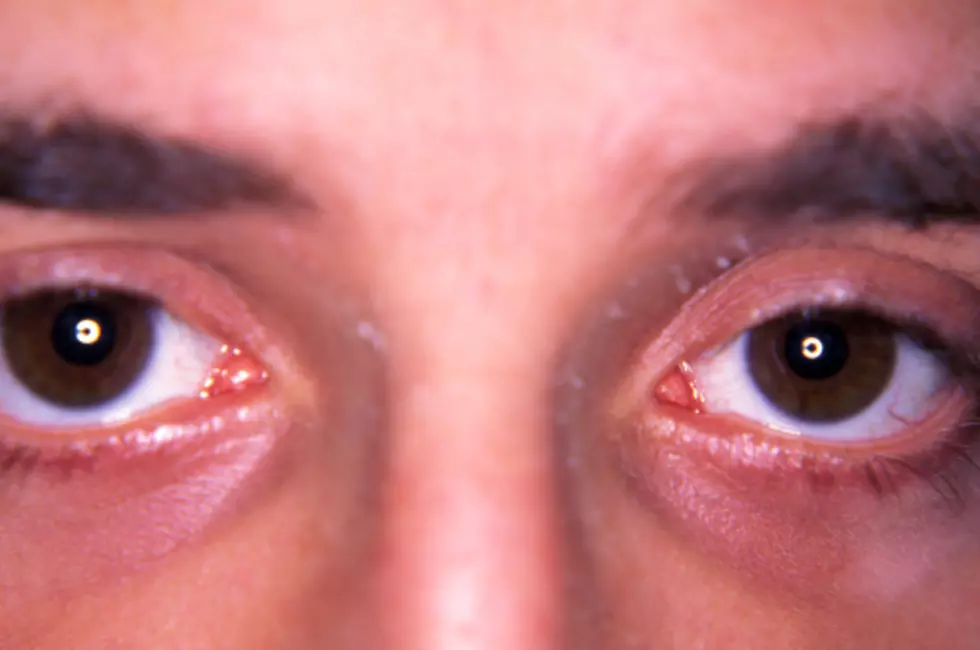
Thinking Happier Thoughts Can Improve Health Decisions
Having a positive day can assist in managing some very serious diseases, such as coronary artery disease, high blood pressure and asthma, according to a study from researchers at Weill Cornell Medical College.
Results of the three separate studies were published in the Archives of Internal Medicine, and consisted of 756 patients.
Funded by the National Heart, Lung and Blood Institute, and led by Dr. Mary Charlston, and William T. Foley, both of Weill Cornell Medical College, patients were told to think of the small things in their lives that make them feel good, like seeing a beautiful flower, or witnessing a multicolored sunset. They were then told to maintain these type of thoughts throughout the entire day.
Participants were also told to use self-affirmation to help them conquer personal challenges, by mentally retrieving moments in their lives that they’re proud of, such as a graduation.
“This simple approach gives patients the tools that help them fulfill their promise to themselves that they will do what’s needed for their health,”said Charlson, in a statement. “For example, if it’s raining and they don’t feel like exercising, these strategies can help them get past this mental block and into their sneakers.”
Research subjects were split into two separate groups, a positive effect group and a control group. Both groups followed contractual instructions to follow this behavioral pattern of positive thinking, and were given an educational guide on the importance of their intervention. Afterward, they received phone calls every two months to check in on their development.
Subjects also received small inexpensive gifts from the researchers before each call, simply to assist with the subject’s positive thinking and overall attitude. Results were then tallied a year from when the study began, and they showed that 55 percent of patients practicing the positive affect/self-affirmation group stuck better to their medical plan, compared to 36 percent in the control group.
The positive affect group walked an average of 3.4 miles a week, more than the control group. High blood pressure patients represented 42 percent of the positive affirmation group that adhered to their medication plan, compared to 36 percent in the control group. Positive improvements were also seen among asthma patients.
“In this way, positive affect made a real difference. Patients are better able to follow through on behaviors to improve their health,” said Charlson.
More From WIBX 950





![How Did John Kerry Get Two Black Eyes? [VIDEO]](http://townsquare.media/site/41/files/2012/01/John-Kerry-broken-nose-cropped.jpg?w=980&q=75)




